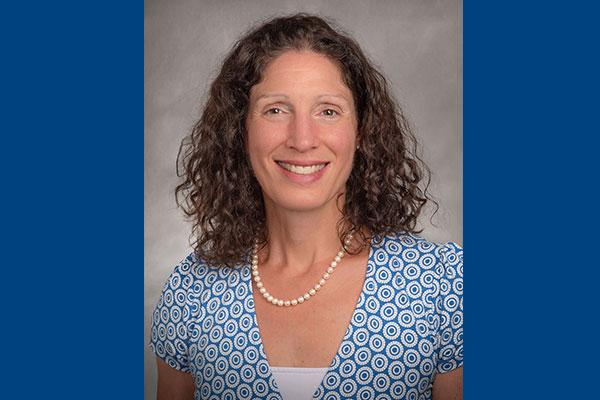
Duke Clinical Pathology Chief Beth Shaz, MD, MBA, is lead author of an article published in the June 2024 issue of Cytotherapy titled “Local Manufacturing Processes Contribute to Variability in Human Mesenchymal Stromal Cell (MSC) Expansion While Growth Media Supplements Contribute to Variability in Gene Expression and Cell Function: A Biomedical Excellence for Safer Transfusion (BEST) Collaborative Study.”
MSCs are populations of cells obtained through in vitro culture from various tissues. They have the potential for therapeutic applications in regenerative medicine and tissue repair. In the study, Shaz and her colleagues found that MSCs show variable characteristics based on manufacturing methods, source material, and culture media. Their study assessed the impact on MSC expansion, gene expression, and other characteristics when multiple laboratories expanded MSC aliquots derived from the same donor source material but with different growth media.
The study concludes that although Human Platelet Lysate (HPL) and Fetal Bovine Serum (FBS) products, which are common culture medium additives in cell culture, supported cell growth and local manufacturing processes, as well as played a critical role in MSC expansion. They also found that growth media components may influence function and gene expression. The clinical impact of these differences is currently unknown. Read the article here.
Shaz joined Duke’s Pathology Department in 2020 as a professor. She’s a member of the Duke Cancer Institute and Margolis Institute for Health Policy, past president of the Association for the Advancement of Blood & Biotherapies (AABB) Board of Directors, and a scientific member of Biomedical Excellence for Safer Transfusion (BEST Collaborative).